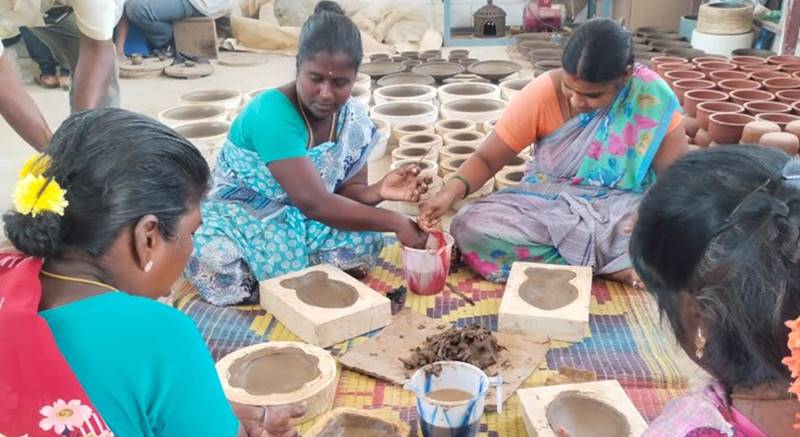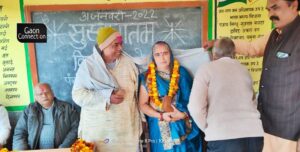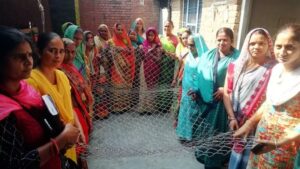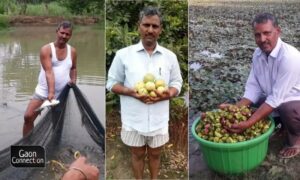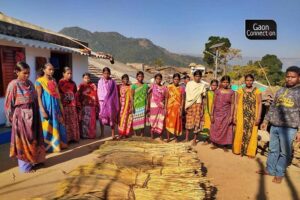In a bid to help the local artisans in making products that have a higher market value, the rural technology action group (RuTAG) of the Indian Institute of Technology Madras (IIT-M) has launched clay utensils that are microwaveable.
It is learnt that a ‘Common Facility Centre’ had been set up by the institute on August 11 to help traditional potters in Perumudivakkam village in Tiruvallur District in making diversified microwaveable clay products, artistic products, cooking utensils and storage containers which have higher market value.
Also Read: Tamil Nadu experiments with making seawater drinkable
“Many traditional potters’ families are economically poor and living Below Poverty Line. To increase the earning of the artisans, modern machinery is introduced alongside additional skill and product training to improve not only the productivity but also the wages of the artisans,” IIT-M said in a statement.
With funding under the ambit of the corporate social responsibility (CSR) from Southern Region Pipelines Division of Indian Oil Corporation Limited (IOCL-SRPL), and Centre for Social Development (CSD), a Nagercoil-based non-governmental organisation as the implementation partner at Tiruvallur, IIT Madras had collaborated with Central Glass and Ceramic Institute (CGCRI), Kolkata, to leverage technology to assist the potters.
Also Read: ‘Jivan Vayu’ – IIT Ropar comes up with innovation for oxygen supply without electricity
Abhijit P. Deshpande, Professor-in-Charge, RuTAG-IIT Madras was quoted as saying, ““Technology development within an institute has to be followed up with a multi-stakeholder initiative. In this respect, RuTAG has coordinated with CGCRI, CSD, IOCL, government agencies and local artisans to bring forth the benefits in a shared setup”.
Rural Technology Action Group (RuTAG), @iitmadras, has helped establish a Common Facility Centre to aid traditional potters in Perumudivakkam village, Tamil Nadu, to create diversified products like Microwaveable Cooking Utensils to meet modern consumer needs. @mopr_goi pic.twitter.com/OwFLL6mKfk
— IIT Madras (@iitmadras) August 19, 2021
“For follow-up technology activity, we always strive to identify needs of artisans in terms of technological solutions. Once identified, these needs can be conveyed to faculty/students to carry out further technology development,” he added.
Also Read: IIT-Kharagpur devises technique to use apt fertilisers as per soil’s requirement
The institute’s press statement informed that a total of 82 persons have been trained in this centre so far in skills pertaining to the production of various types of clay products.
P. Malliga, Project Officer, Tamil Nadu State Rural Livelihood Mission (TNSRLM) has expressed interest in upscaling the further technology dissemination in new clusters and SHGs (self help groups) in order to benefit more such artisans and boost the rural economy of the southern state.

